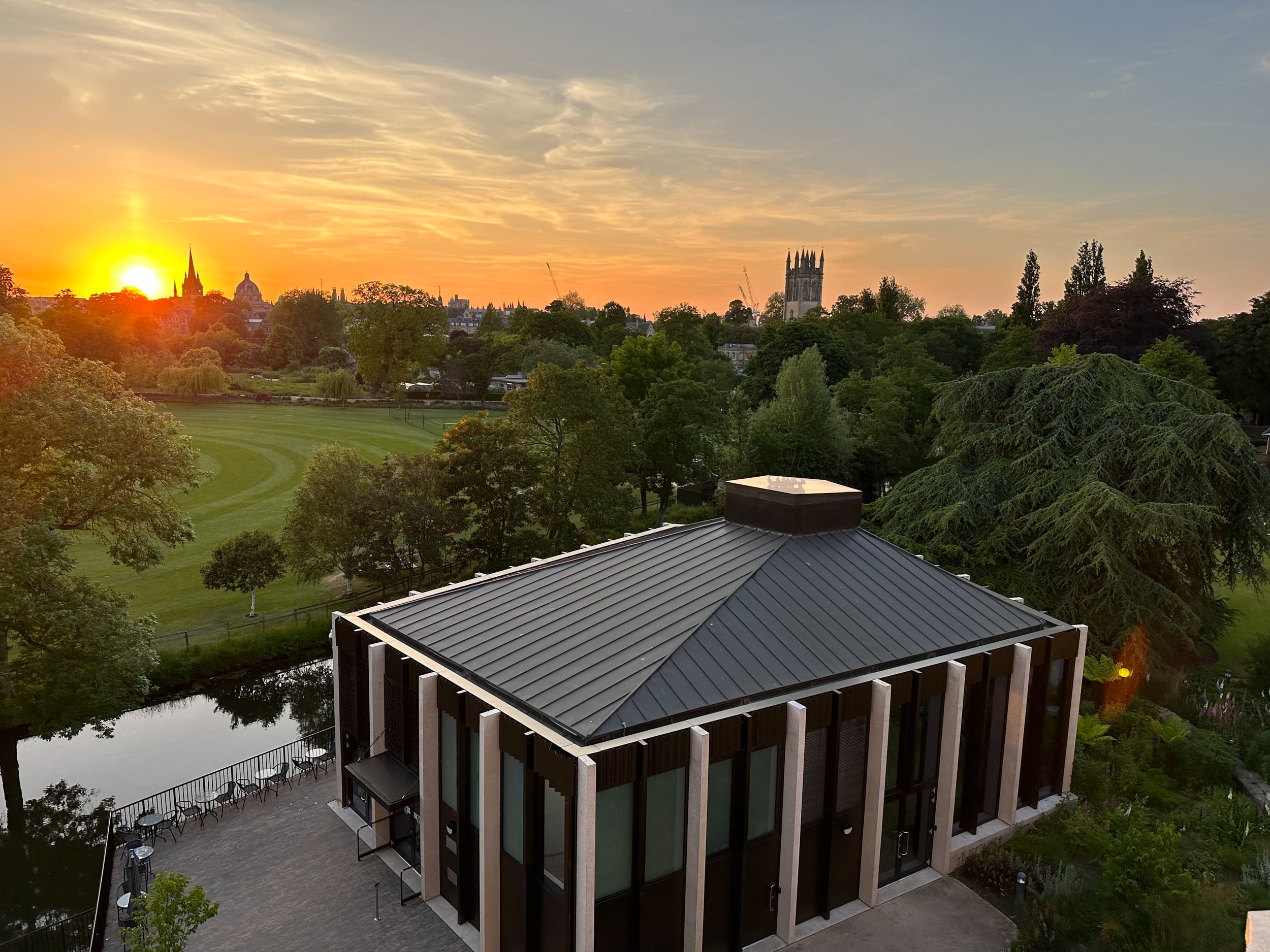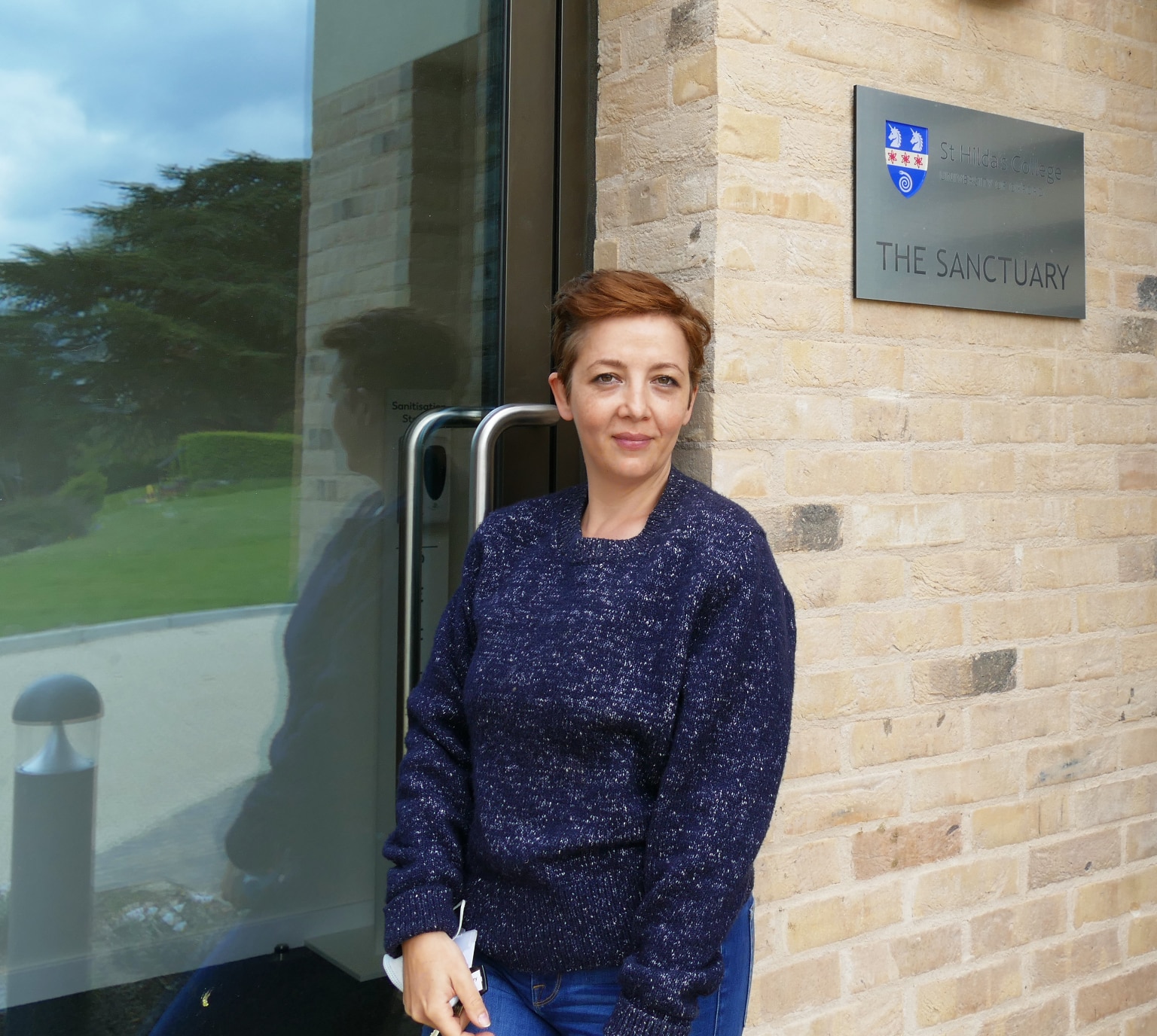
Biography
I think and write about silence in history. My interest in the notion of silence arises from the work I have done on the Armenian genocide and for which I have received several awards. Most recently, I have brought together the two strands of my research in a collaboration with the International Armenian Literary Alliance, where we explored the role storytelling can play in imagining futures after war, and in Syria and Silence, a project funded by TORCH’s Humanities Cultural Programme.
More broadly speaking, my academic work focuses on the history of the Eastern Mediterranean with a special interest in the late Ottoman Empire, Modern Turkey, and Syria.
My first monograph on the topic of the Armenian Genocide is a completely empty book (2010, 2015) which is on view in several library and art collections around the world. The book represents my attempt to address the narrow and limiting scope of denial and its effects on historical scholarship in Turkey. My forthcoming book Reading Silences: Essays on Women, Memory and War in 20th Century Turkey (Degruyter, 2022) is a unique comparison of Armenian and Turkish women’s diverse and complex historical experiences both during and after the genocide. It brings together women’s stories of martyrdom, trauma, and survival and those in which women took active part in genocidal violence. I have also co-edited a volume on Ireland and Armenia, under the fitting title of Daredevils of History? Resilience in Armenia and Ireland.
Research Interests and Public Engagement
At present, I am preparing a critical edition of Harutyun Alboyadjian’s memoir Dark Times. The book is an account of Alboyadjian’s experiences as a 12-year-old during the Armenian Genocide, as a young man in Stalin’s gulags, as a Soviet soldier in a Nazi POW camp and then as an ordinary family man in Soviet Armenia. Alboyadjian’s memoir belongs to the emerging body of Armenian testimonial literature and its English edition will undoubtedly become an indispensable source for understanding the connective histories of state-sponsored human rights abuses in the twentieth century.
Knowledge exchange, public engagement, and performative practices have been central to my work so far and I enjoy working in interdisciplinary and multidisciplinary collaborations.
With the poet and Professor of English, Kate McLoughlin, and the Ritblat Professor of Mindfulness and Psychological Science, Willem Kuyken, I am leading the Silence Hub (SH). Grown from a project called “Into Silence”, a series of silent performances in an array of mediums, the Silence Hub is an inter-disciplinary and public-facing network enabling those interested in silence to come together to share ideas and experience the power of soundlessness.
As part of my work to further broaden research on the Armenian Genocide I have founded, with Professor Theo Maarten van Lint (Faculty of Oriental Studies), the Oxford Network for Armenian Genocide Research (ONAGR). ONAGR is the first of its kind in the UK and benefits from links and partnerships with a wide range of institutions in Oxford and beyond. Our first international partnership was with the Oral History Archives at Columbia University (OHAC). Together with OHAC, we have digitized and are now in the process of transcribing the Columbia Armenian Oral History Collection—an important, widely unknown, collection of 147 testimonies of child survivors of the Armenian genocide.
Positions
- College Chaplain
- British Academy Postdoctoral Fellow in Modern History
Associations
